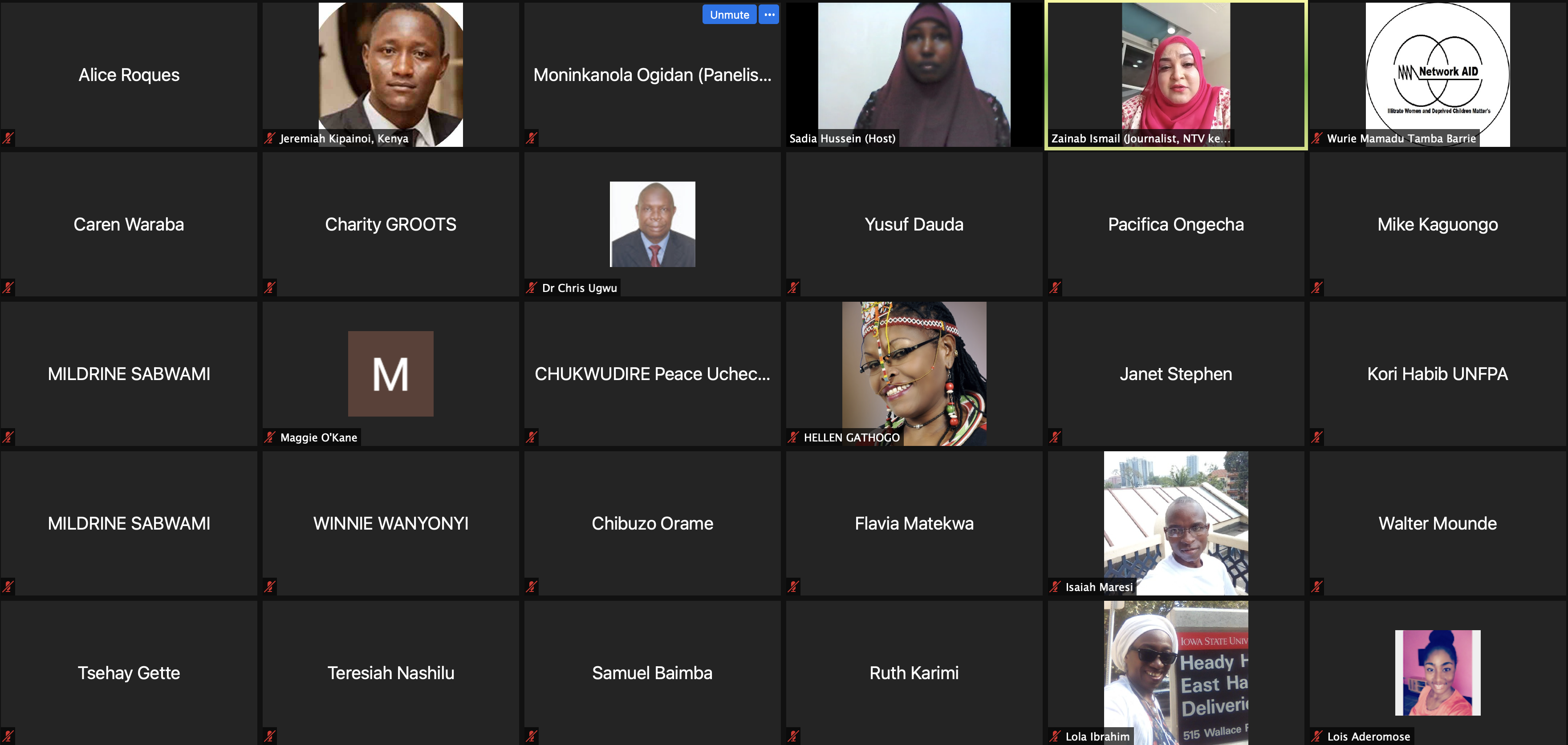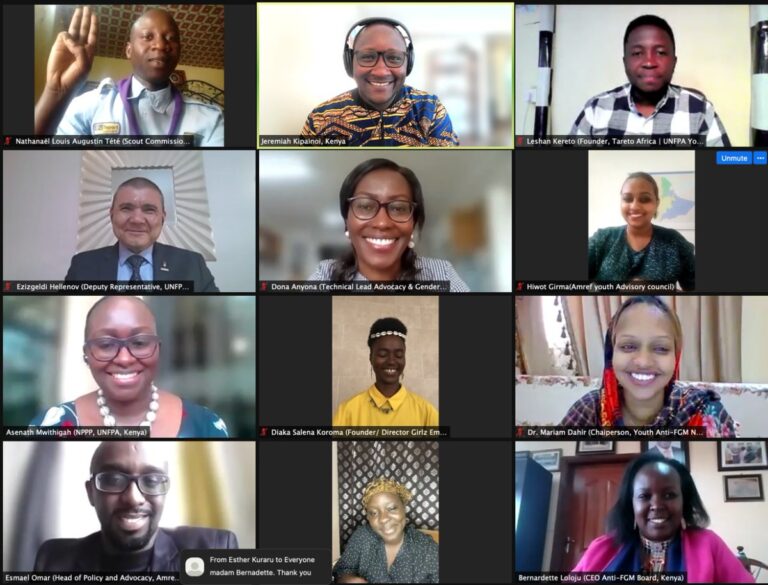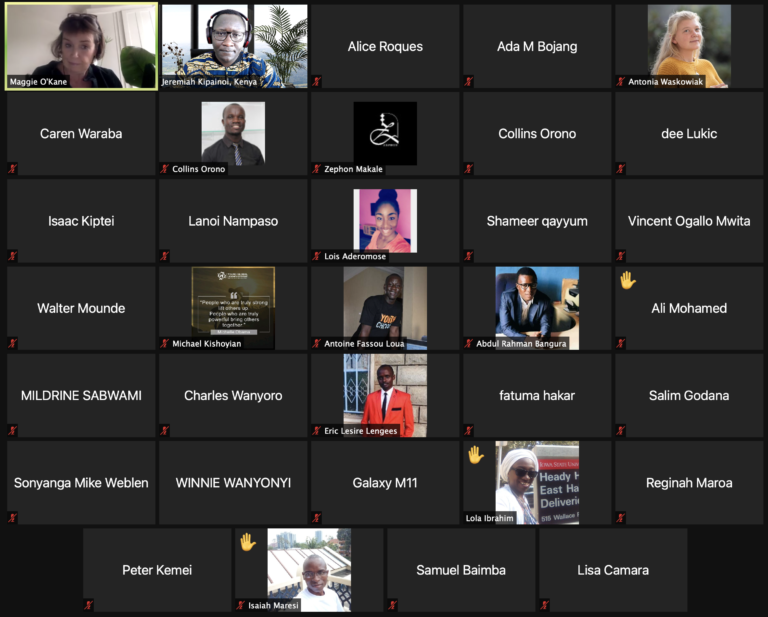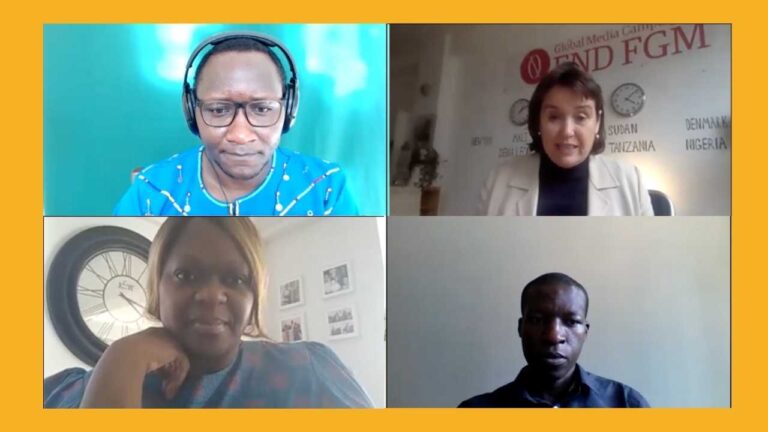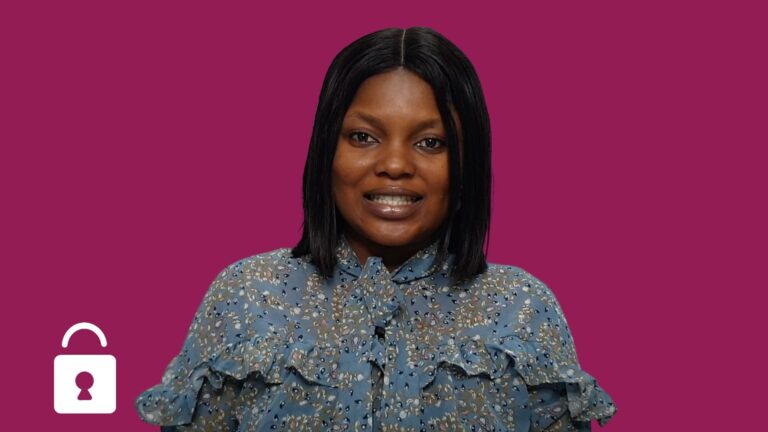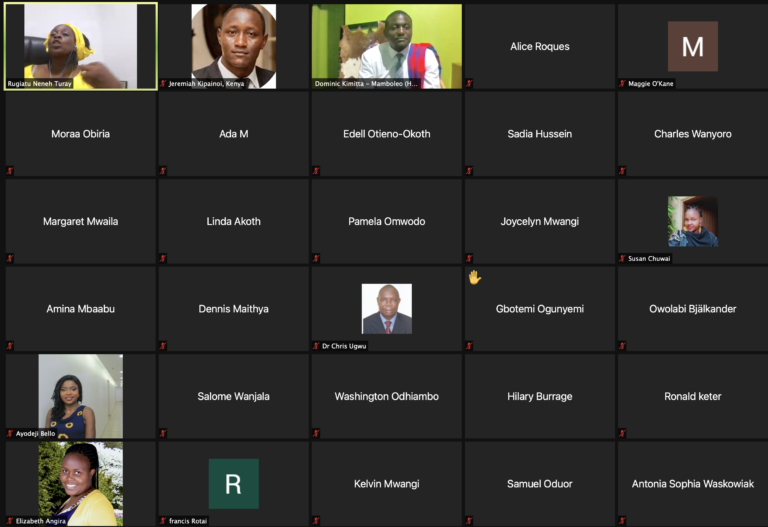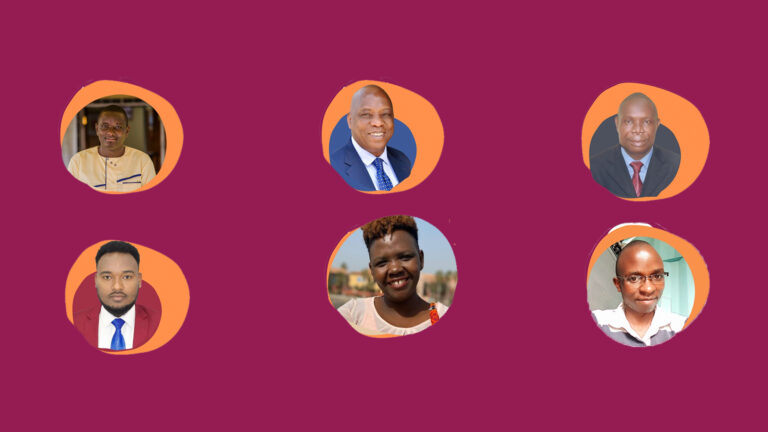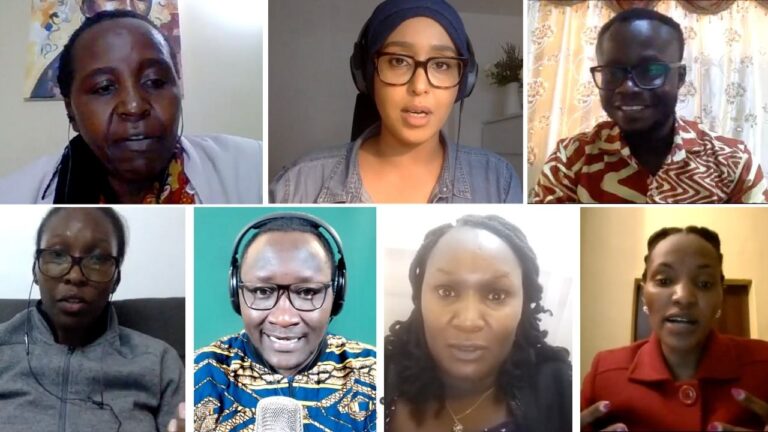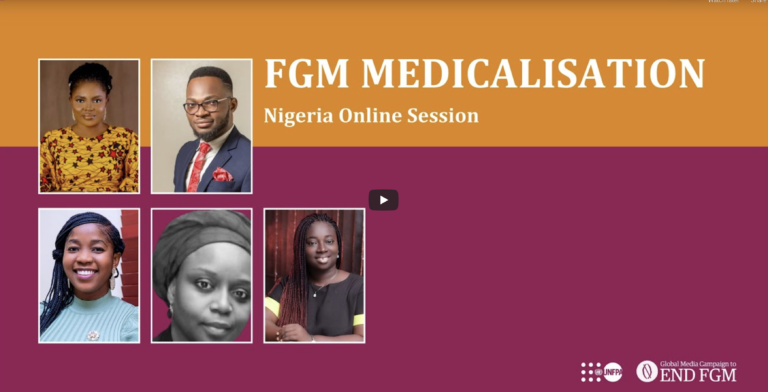In this session, Sadia Hussein led the discussion on why most survivors don’t speak out against FGM in the presence of journalists and media practitioners/ content creators to provide a better environment to amplify the voices of survivors on the media, discussed and laid out a roadmap to encourage more to share their stories and kickstart the campaign #SurvivorsToEndFGM.
7 AM NEW YORK | 12 NOON GMT | 12 NOON LONDON | 1 PM LAGOS | 3 PM NAIROBI
Problem
200 million women and girls alive today globally are survivors of FGM, with more than 125 million of that population in Africa. According to UNFPA, an additional 2 million girls are at risk of undergoing FGM in the next decade due to the Covid-19 pandemic. However, the majority of the survivors don’t speak out against the harmful traditional practice, making it difficult to campaign in the media at all levels. This is made more difficult because Journalists and other stakeholders are not well versed with the issue.
Goals
- Explain why survivors are generally reluctant to speak (publicly) on FGM
- Explain why their voices are necessary to fight against the practice, and why personal stories are powerful
- How to amplify survivors’ voices on the media, to keep them and their audiences safe
- Unpack the role of journalists and how they can encourage inclusive, safe dialogues for survivors to add their voices to the #EndFGM movement
- Launch of the #SurvivorsToEndFGM campaign
Watch video
Share the word – Just one Click to Tweet
Implementing partners
- Global Media Campaign
- UNFPA


